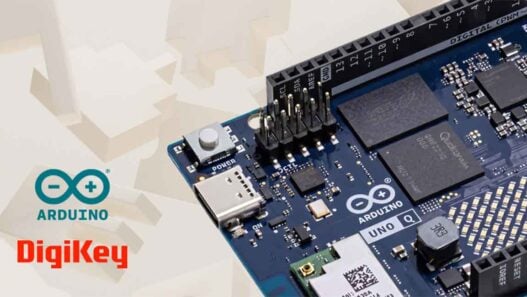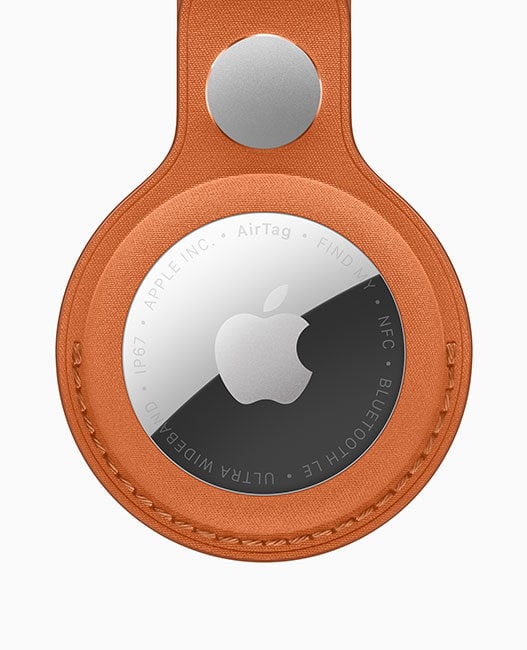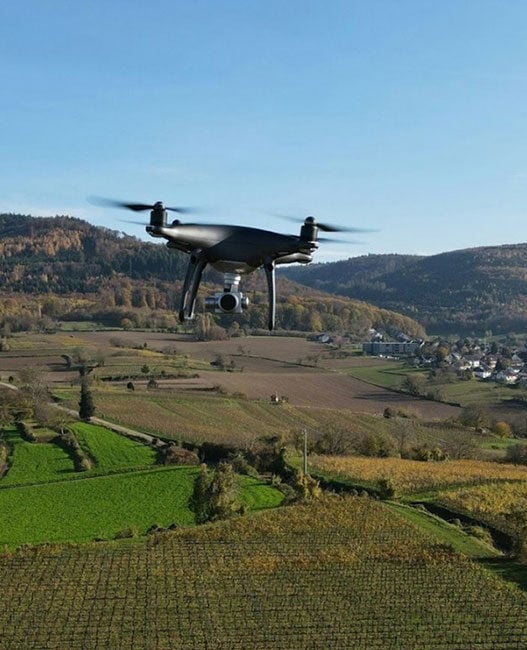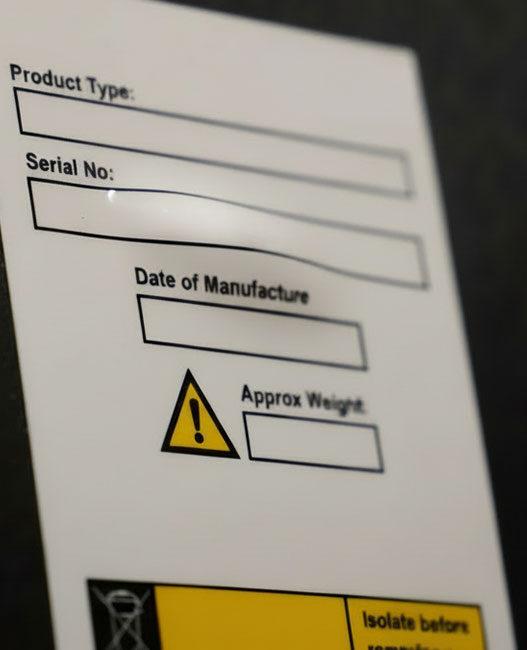Samsung, which has lagged in such services, is now positioned to add intelligent, Siri-like voice capabilities to its vast collection of home and mobile electronics.
“We have a unique opportunity to take advantage of AI, and show the rest of the industry what the smart, connected world can look like,” Jacopo Lenzi, Samsung’s Senior Vice President of Business Development and Strategic Acquisitions, said in an interview. The companies declined to disclose the purchase price of the deal.
It is no coincidence that Samsung chose to make its announcement just one day after Google touted its own foray into smartphones and other technologies that can converse back and forth with users, providing them with information and services.
Samsung and Google have a longstanding and complex partnership — one that is likely to become further strained now that Google has released a smartphone to compete directly with Samsung’s flagship Galaxy device, said Charles Golvin, Research Director at Gartner. Google’s Android operating system is used in most Samsung smartphones, as is the Google Play app store and many of Google’s popular apps.
Given the frenzy around artificial intelligence, Lenzi said it was not surprising that multiple companies would make similar efforts. He declined to comment further on the Google relationship.
Google released a high-end smartphone and home device, called Google Home, on Tuesday. Both come equipped with the new so-called Google Assistant, a voice-assistant that can do things like buy movie tickets, play music, or make a hotel reservation when asked.
“When I look at where computing is headed, it’s clear to me that we’re evolving from a mobile-first to an AI-first world,” Google’s Chief Executive Sundar Pichai told an audience in San Francisco that had gathered for the launch of the new products.
In an interview Tuesday, Google’s Vice President of Product for Android, Brian Rakowski, said the company’s broader goals were to maintain strong partnerships with manufacturers that would elevate the quality of all Android products. He said the Pixel smartphone is in its early days, but that the relationships might be reconsidered down the line.
“This is our first rodeo,” Rakowski said. “If we’re successful, maybe we’ll rethink that in a few years.”
The Google Assistant sounds remarkably similar to Viv, whose capabilities were outlined in the Washington Post in May. Viv’s founders, Adam Cheyer and Dag Kittlaus, picture a world in which people can interact with technology in one long conversation, liberated from the frustrating experience of toggling between apps on a smartphone.
For example, a Viv user could tell the assistant they want a hotel room in San Jose, and the assistant would not only offer options, but ask follow-up questions such as, “Do you prefer a king-size bed or a room with a view?” The assistant would then complete the transaction, all without a person having to go to an app — or type anything at all.
If Viv sounds far-fetched, it’s because nothing like it exists today — and there was always a question of whether the founders could really pull it off.
Current virtual assistants, such as Siri, Google Now, or Samsung’s current one called S-Voice, can do a Web search based on a user’s voice command. But those assistants largely produce a list of links and options to click on — users still have to resort to typing to make a purchase.
In contrast, Viv Labs has partnered with dozens of vendors behind the scenes, including hotels, florists, movie and concert tickets services, travel companies and even the makers of smart refrigerators and other appliances (In Kittlaus and Cheyer’s world, appliances powered by Viv’s tech will also be able to talk back and forth to consumers). These vendors broke down attributes of their products and shared them with Viv engineers. For example, a flower company has identified its flowers by colour, texture, and type so that Viv could be responsive to specific questions.
Finding the right buyer was always part of Viv’s strategy. As in the case of Siri, which was a tiny software program when Apple bought it in 2010, Kittlaus knew that getting broad reach would mean partnering with a large player whose products are already used by massive numbers of consumers.
Both Google and Facebook made offers earlier this year to buy Viv, and Kittlaus also talked with Comcast, according to people familiar with the matter.
Conversations with Samsung began this summer, Lenzi said. Kittlaus said he was impressed by the reach of Samsung — the sheer number of products, from washing machines to smartphones to televisions, that could become animated by conversation. Of course, Viv has not yet been tested on that kind of scale.
“I honestly didn’t realise how big it was until we got into these discussions,” Kittlaus said in an interview. “There are are sorts of different touch points that can be brought to life with these conversational interactions.”
https://www.youtube.com/watch?v=TrjWhQuPvig















